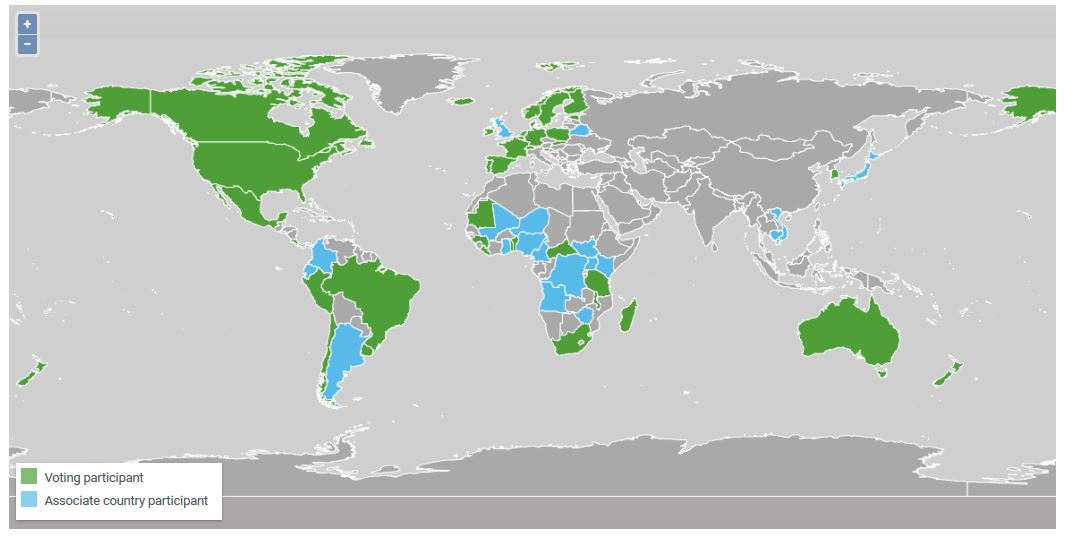|
Pseudamnicola Pisolinus
''Pseudamnicola pisolinus'' is a species of mollusc in the genus ''Pseudamnicola''. This is a taxon inquirendum In biological classification, a ''species inquirenda'' is a species of doubtful identity requiring further investigation. The use of the term in English-language biological literature dates back to at least the early nineteenth century. The term t .... References * Bank, R. A.; Neubert, E. (2017). Checklist of the land and freshwater Gastropoda of Europe. Last update: July 16th, 2017 External links Boeters, H. D. & Falkner, G. (2017). The genus Mercuria Boeters, 1971 in France (Gastropoda: Caenogastropoda: Hydrobiidae). West-European Hydrobiidae, Part 13. Zoosystema. 39 (2): 227-261 Hydrobiidae {{Hydrobiidae-stub ... [...More Info...] [...Related Items...] OR: [Wikipedia] [Google] [Baidu] |
Mollusc
Mollusca is the second-largest phylum of invertebrate animals after the Arthropoda, the members of which are known as molluscs or mollusks (). Around 85,000 extant species of molluscs are recognized. The number of fossil species is estimated between 60,000 and 100,000 additional species. The proportion of undescribed species is very high. Many taxa remain poorly studied. Molluscs are the largest marine phylum, comprising about 23% of all the named marine organisms. Numerous molluscs also live in freshwater and terrestrial habitats. They are highly diverse, not just in size and anatomical structure, but also in behaviour and habitat. The phylum is typically divided into 7 or 8 taxonomic classes, of which two are entirely extinct. Cephalopod molluscs, such as squid, cuttlefish, and octopuses, are among the most neurologically advanced of all invertebrates—and either the giant squid or the colossal squid is the largest known invertebrate species. The gastropods ... [...More Info...] [...Related Items...] OR: [Wikipedia] [Google] [Baidu] |
Pseudamnicola
''Pseudamnicola'' is a genus of small brackish water snails with an operculum, aquatic gastropod mollusks in the subfamily Pseudamnicolinae of the family Hydrobiidae.Bouchet, P. (2014). Pseudamnicola Paulucci, 1878. Accessed through: World Register of Marine Species at http://www.marinespecies.org/aphia.php?p=taxdetails&id=153799 on 2014-11-24 ''Pseudamnicola'' is the type genus of the subfamily Pseudamnicolinae. Species Species in the genus ''Pseudamnicola'' include:The IUCN Red List of Threatened Species. Version 2014.2. . Downloaded on 22 August 2014. * † '' Pseudamnicola abxazica'' Badzoshvili, 1979 * '' Pseudamnicola algeriensis'' Glöer, Bouzid & Boeters, 2010Glöer P., Bouzid S. & Boeters H. D. (2010). "Revision of the genera ''Pseudamnicola'' Paulucci 1878 and ''Mercuria'' Boeters 1971 from Algeria with particular emphasis on museum collections (Gastropoda: Prosobranchia: Hydrobiidae)". ''Archiv für Molluskenkunde'' 139(1): 1-22. . * † '' Pseudamnicola almero ... [...More Info...] [...Related Items...] OR: [Wikipedia] [Google] [Baidu] |
Global Biodiversity Information Facility
The Global Biodiversity Information Facility (GBIF) is an international organisation that focuses on making scientific data on biodiversity available via the Internet using web services. The data are provided by many institutions from around the world; GBIF's information architecture makes these data accessible and searchable through a single portal. Data available through the GBIF portal are primarily distribution data on plants, animals, fungi, and microbes for the world, and scientific names data. The mission of the GBIF is to facilitate free and open access to biodiversity data worldwide to underpin sustainable development. Priorities, with an emphasis on promoting participation and working through partners, include mobilising biodiversity data, developing protocols and standards to ensure scientific integrity and interoperability, building an informatics architecture to allow the interlinking of diverse data types from disparate sources, promoting capacity building and cat ... [...More Info...] [...Related Items...] OR: [Wikipedia] [Google] [Baidu] |
Taxon Inquirendum
In biological classification, a ''species inquirenda'' is a species of doubtful identity requiring further investigation. The use of the term in English-language biological literature dates back to at least the early nineteenth century. The term taxon inquirendum is broader in meaning and refers to an incompletely defined taxon of which the taxonomic validity is uncertain or disputed by different experts or is impossible to identify the taxon. Further characterization is required. See also * Glossary of scientific naming * ''Candidatus'', a proposed taxa based on incomplete evidence * ''incertae sedis'', a taxon of uncertain position in a classification * '' nomen dubium'', a name of unknown or doubtful application * Open nomenclature Open nomenclature is a vocabulary of partly informal terms and signs in which a taxonomist may express remarks about their own material. This is in contrast to synonymy lists, in which a taxonomist may express remarks on the work of others. Common . ... [...More Info...] [...Related Items...] OR: [Wikipedia] [Google] [Baidu] |

